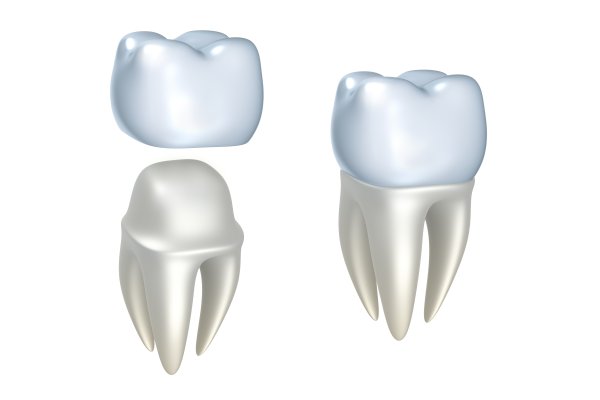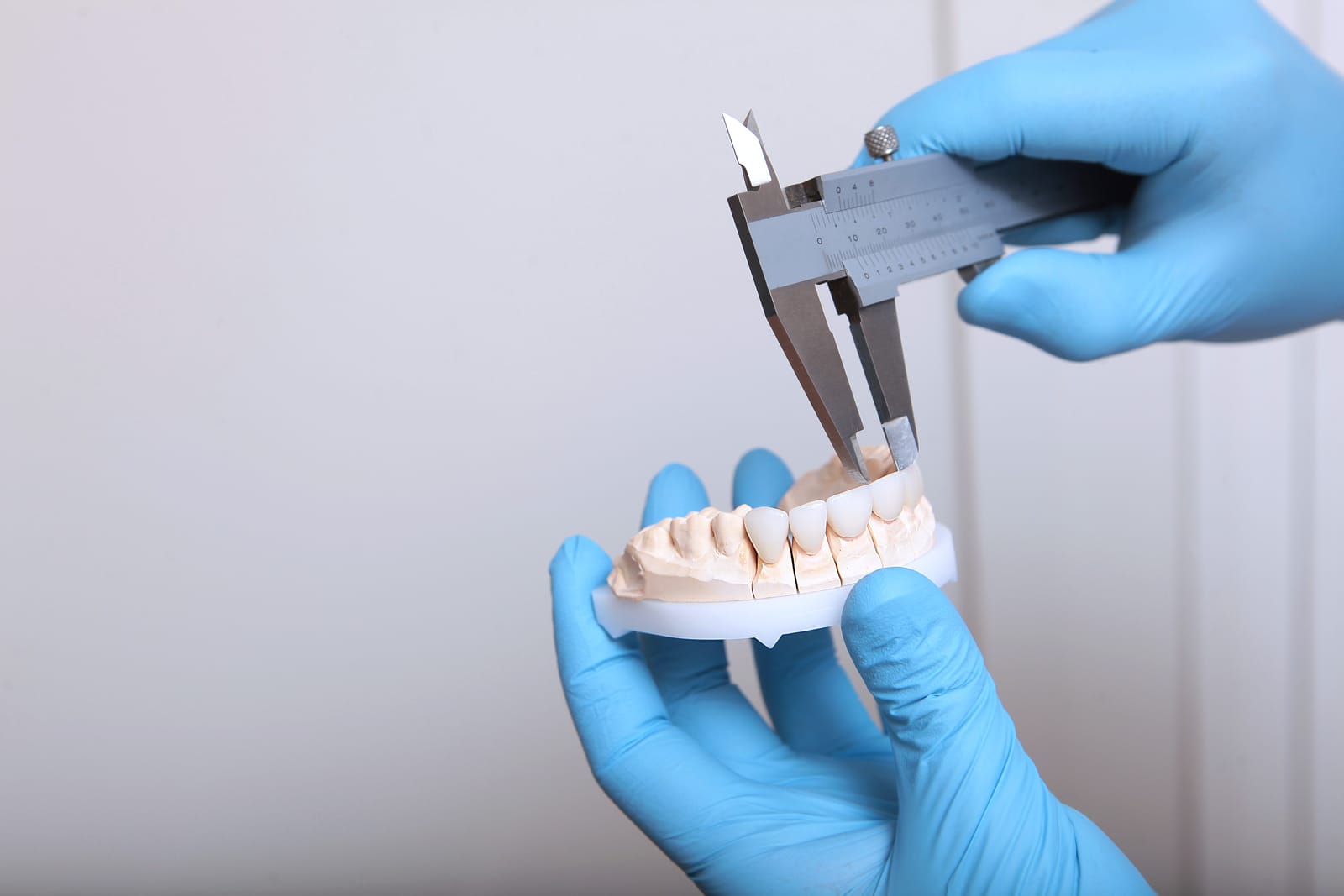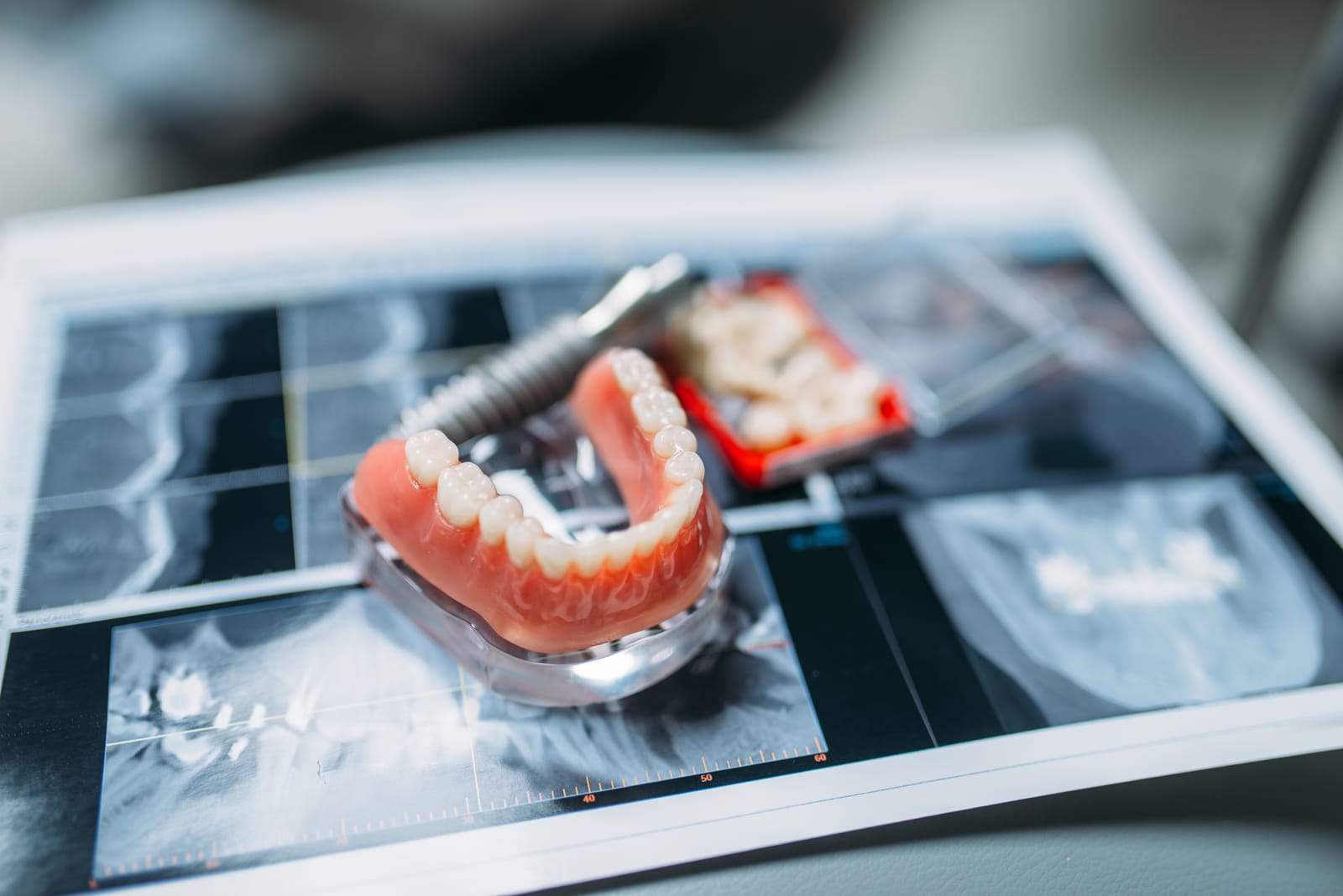How are Crowns Attached to Teeth?

Looking for information on crowns attached to teeth, specifically the process used to attach the crowns to the teeth? If crowns are in your near future, then learning about the process is highly recommended.
There are many types of dental procedures available nowadays to ensure that one’s oral health is as good as it can be. And with today’s modern advances in dentistry, it is easier than ever for anyone to take good care of their oral health.
What are dental crowns?
What exactly are dental crowns? A dental crown is used to fill the gap where someone’s teeth used to be and is, therefore, a common tooth replacement option for those who have missing teeth. When someone is missing one or more of their teeth, it is essential that they find a tooth replacement option as soon as possible so they do not have to experience multiple mouth problems. When crowns are placed in one’s mouth, they take the place of missing teeth, allowing them to perform their everyday functions once again without issue, e.g., eating or talking.
A dental crown can also be used to help repair damaged teeth. When a tooth is weak due to decay or some type of trauma, a crown can be placed over the tooth in order to restore its integrity. When a dental crown is used for tooth repair, it is also known as a dental cap.
How are crowns attached to teeth?
How does a dental professional attach crowns to a tooth? They will first need to prepare the tooth, which includes shaping it so that the crown will fit just as it should. They will then make an impression of the tooth so that the crown can be made, which tends to take a couple of weeks or so. Once the crown is ready, the dental professional will attach the crown to a tooth by using a special dental glue or dental cement.
While dental crowns are considered to be a permanent procedure, it may be necessary to replace them over a period of time if they become loose or have somehow become damaged.
Have any questions about crowns for us?
If you have any questions about how crowns are attached to teeth, then we invite you to contact us at your earliest convenience. Our entire dental team of professionals truly care about all of our patients, and for that reason, we always make ourselves available when they have questions. If you are currently in need of one or more crowns to improve your oral health, then the sooner you get the procedure performed, the better.
Request an appointment here: https://www.stgeorgedentalcare.com or call St. George Dental Care at (435) 628-9099 for an appointment in our St George office.
Recent Posts
A damaged or decayed tooth can impact your smile, confidence, and oral health. Fortunately, dental advancements such as permanent crowns provide practical solutions to restore both function and appearance. For residents in St. George, Utah, St. George Dental Care offers professional and dependable care for all your crown needs. This blog will cover everything you…
If you've recently had a dental procedure and received a temporary crown, you might wonder why things feel a bit… off. "My temporary crown feels weird" is a common concern patients express. This treatment plays a crucial role in restorative dentistry, yet the unfamiliar sensations it creates often leave patients feeling confused or concerned. At…
A porcelain dental crown is beautiful and luminescent and reflects light just enough to look like a natural tooth. Although porcelain crowns look natural, they are, in fact, artificial. Crowns can be shaped precisely in order to restore tooth damage and enhance your smile. This makes them very beneficial both physically and aesthetically.A crown can…
Getting same day crowns can quickly improve the appearance of your mouth, but there are other things to look forward to. This treatment can be a viable alternative to extracting teeth, getting a bridge, or having dental implants. You can enjoy using your teeth normally again without having to wait weeks for a crown. Learn…


